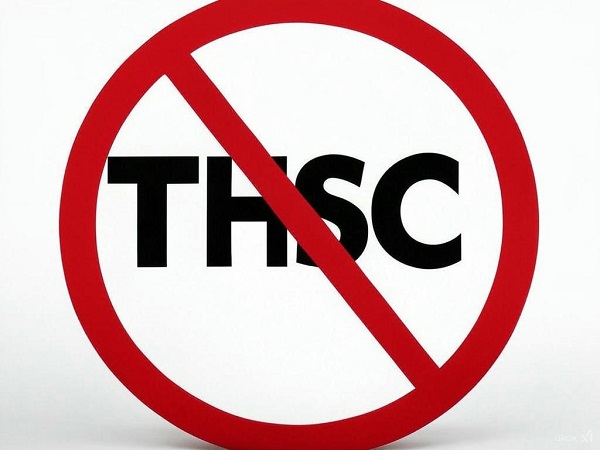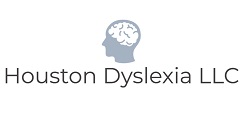
Here is a summary of the report “The Impact of Vouchers on Homeschooling Communities!” from the Oklahoma homeschoolers, regarding the THSC report. This is my summary, if you want to read the whole report from the Oklahoma Homeschoolers.
The paper, titled “Homeschool Regulatory Changes: Do Adjacent Policy Changes Matter?” critically examines a study promoted by the Texas Homeschool Coalition (THSC) that claims school voucher programs do not increase homeschooling regulations and may even enhance freedoms. The author challenges this assertion, arguing that the study is deeply flawed and misrepresents the real-world impact of vouchers on homeschooling communities.
The author raises initial concerns about the study’s title, which focuses on “adjacent policy changes” rather than direct homeschooling policies, and its publication on SSRN, a preprint service lacking peer review. While the primary author has peer-reviewed works, this paper’s lack of scrutiny suggests it may lack academic rigor.
The THSC study analyzes “school choice” programs across 32 states, claiming no subsequent increase in homeschooling regulations. However, the author identifies several issues:
1. Scope of Programs: The study lumps all voucher programs together, including those irrelevant to homeschooling, such as public access laws (e.g., playground use) and voucher programs excluding homeschoolers. This undermines the relevance to THSC’s claims about homeschooling freedom.
2. Definition of Regulation: The study narrowly defines “homeschool regulation” as only notice of intent, testing requirements, and parental qualifications, ignoring broader factors like curriculum restrictions, background checks, or vaccine mandates. It also only tracks changes in laws, excluding administrative policies, further limiting its scope.
3. Data Misrepresentation: A key graph in the study tracks regulation changes and voucher program growth over time, but it conflates unrelated trends across states. For example, a state adding a voucher program and another reducing regulations are presented as causally linked, despite no connection.
4. Limited vs. Universal Programs: The study overlooks differences between limited voucher programs (e.g., for special needs students in Florida or Arizona) and universal ones. Limited programs may not increase regulations due to their small scale, but newer universal programs (e.g., Arizona’s ESA since 2022) already show signs of restrictive strings, like curriculum submission or vaccination requirements.
The author contrasts the study’s findings with real-world evidence. In Oklahoma, a 2023 tax credit (functioning as a voucher) for homeschoolers, though minimally used, has spurred annual legislative proposals for intrusive regulations, such as DHS background checks for adults interacting with homeschoolers. Arizona’s universal voucher system, despite being recent, imposes conditions like public school attendance prerequisites. Internationally, Sweden’s long-standing voucher system has led to state control over private education, including secularization mandates for religious schools.
The paper argues that accepting government funds shifts the dynamic between homeschoolers and the state, inviting regulation even if not immediate. The Homeschool Legal Defense Association is cited, emphasizing that homeschooling thrives by avoiding public funding. The author dismisses the THSC study as so limited—due to its flawed metrics, irrelevant data, and logical errors—that it offers no meaningful conclusions about vouchers’ impact on homeschooling.
In conclusion, the author warns that THSC’s reliance on this study to advocate for vouchers threatens homeschooling autonomy. The historical freedom of homeschoolers stems from rejecting state funds, and altering this risks long-term state oversight, a trend already emerging in states with newer voucher programs.


